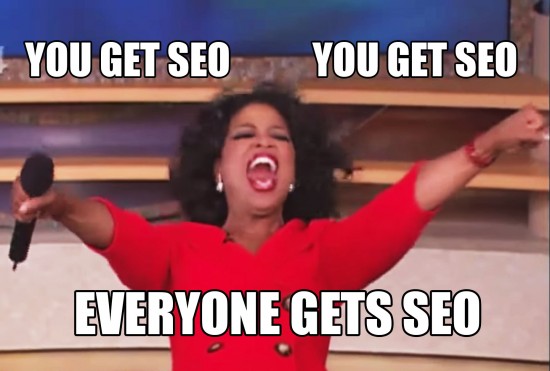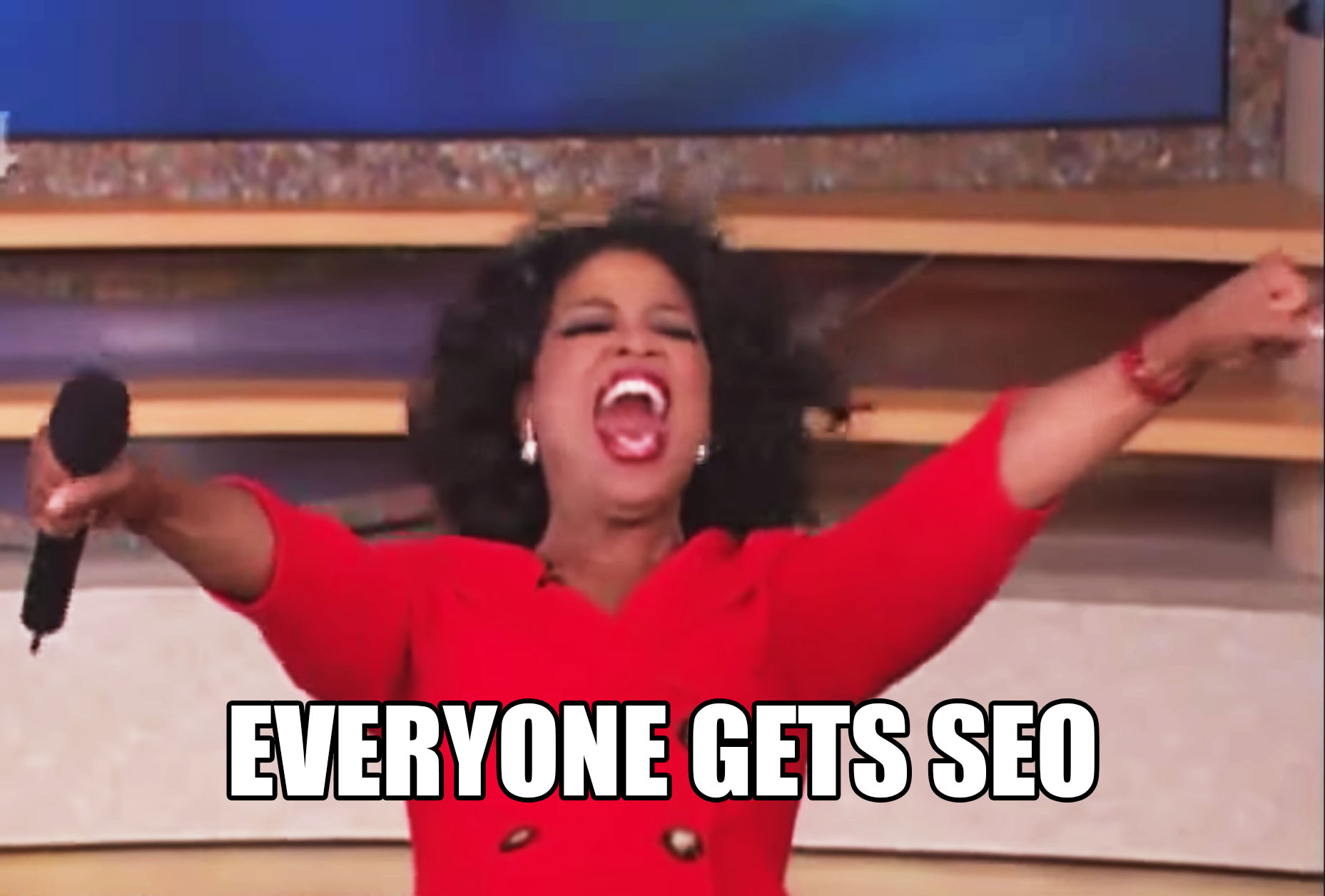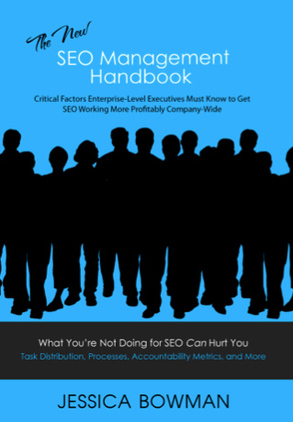As a fresh intern for Searchmetrics, I’ve spent the past week in meetings, doing online research, and reading Jessica Bowman’s The New SEO Management Handbook to familiarize myself with the rapidly growing and changing industry of online marketing. Enterprise-level SEO expert since 2002, Bowman is a trusted adviser to some of the biggest brands online, such as Yahoo!, Microsoft, eBay and GEICO. During my time with her book, I’ve cleared many of my misconceptions about SEO and learned some basics about the industry. All of the following points may seem obvious and natural to SEO veterans but to many SEO newcomers, they’re relevant and important tidbits that can be useful to keep in mind.
SEO is a Misnomer
When I first heard of SEO in 2014 as an intern at a content marketing start-up, my brain immediately linked the concept to those little search bars at the top of web pages to help readers navigate a specific website. It made sense to me that this real search engine would be something that companies would want to optimize. Clearly, SEO isn’t something that I am, or my peers are, hearing about in college classes because when I say I’m interning at an SEO company, 9 times out of 10 I hear, “What’s SCO?” To people outside of the industry, the acronym often carries little meaning because although the concept has been present for decades, the importance that it has taken on in marketing today is still something that people are adjusting to and need to learn about; and the term “SEO” doesn’t make learning easier because as I later discovered from Bowman’s book, SEO is a misnomer. What it should really be called is “optimizing your webpage to make it easier for search engines to find” or OYW2ME4SE2F. Admittedly, this doesn’t have the same ring as SEO.
SEO Means Revenue
In an age where nearly three quarters of the US population self-report as internet users and almost all businesses, big and small, have some sort of online presence, web success can oftentimes be synonymous with corporate success. And as search engines are being used more and more to find all these sites, SEO is also becoming increasingly important to content and corporate decisions. As Bowman writes in her book, “a truly effective SEO strategy means exponential returns and also time and energy savings.” She writes that even though some companies can put SEO on the back burner and still be successful, competitors with the same resources who prioritize SEO will gain exclusive access to a goldmine that the other companies opted out of.
SEO is Not Natural
Another misconception I had about the industry was that all website developers and designers were familiar with the ins and outs of SEO. I imagined the website-making checklist to be, “This page looks good, has all the relevant info on it, and is optimized for search engines. Good to go.” When in actuality, as Bowman describes, the process is more like “Great, this page looks good, and has all the relevant info on it. Good to go.” And then a separate SEO team (if even existent) has to step in to make sure that the page fulfills SEO requirements. Bowman insightfully writes that since SEO has not been the priority for many companies, its implementation often takes on more of a fire-fighting nature, where the SEO team chases down optimization “fires” and puts them out in a way that causes the website the least damage.
Your SEO Team is Not Oprah
Search engine optimization is not the SEO team playing Oprah and excitedly shouting to the other departments, “You get SEO! You get SEO! You get SEO! Everyone gets SEO!” 
It would be nice if implementing SEO were that easy but I’ve learned that in reality, it can be more like the SEO team chasing other departments and actively pushing their way into projects. This method is clearly inefficient and can leave many projects not optimized for search engines, which means neglected potential traffic and revenue. Full SEO integration is a team effort where all parts of a company are cognizant of the power and relevancy of SEO, and actively try to optimize their written content, webpages etc. for search engines. Not everyone has to be a search engine expert but a proactive stance on SEO from the whole company will result in the best online results.
SEO and Content are Inherently Connected
Search engines are smart. Nowadays, people can’t rely on things like keyword stuffing to improve visibility. Great content and creating things that people will actually want to and need to consume are now main drivers for search engine success; and what constitutes successful content can be concluded from an analysis of a website’s SEO performance. Any software designed to collect and analyze SEO data should also be seen as a resource for content creation research, evaluating what topics are relevant and significant contributors to online traffic. In a nutshell, SEO is a platform for content marketing and content is the basis for SEO success.
What did I miss? Let us know in the comment section below what you think SEO newcomers, and even SEO veterans, should always keep in mind. Stay tuned for my interview with SEO expert, Jessica Bowman.

